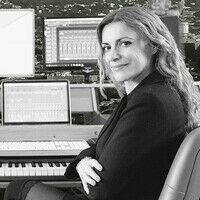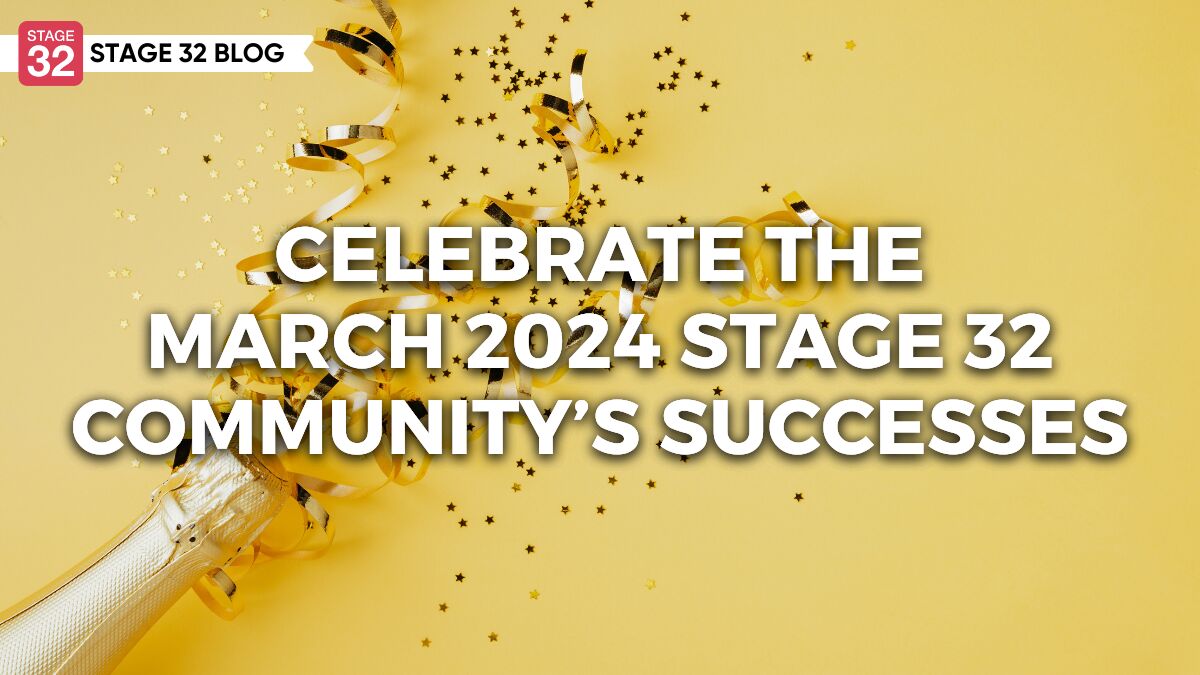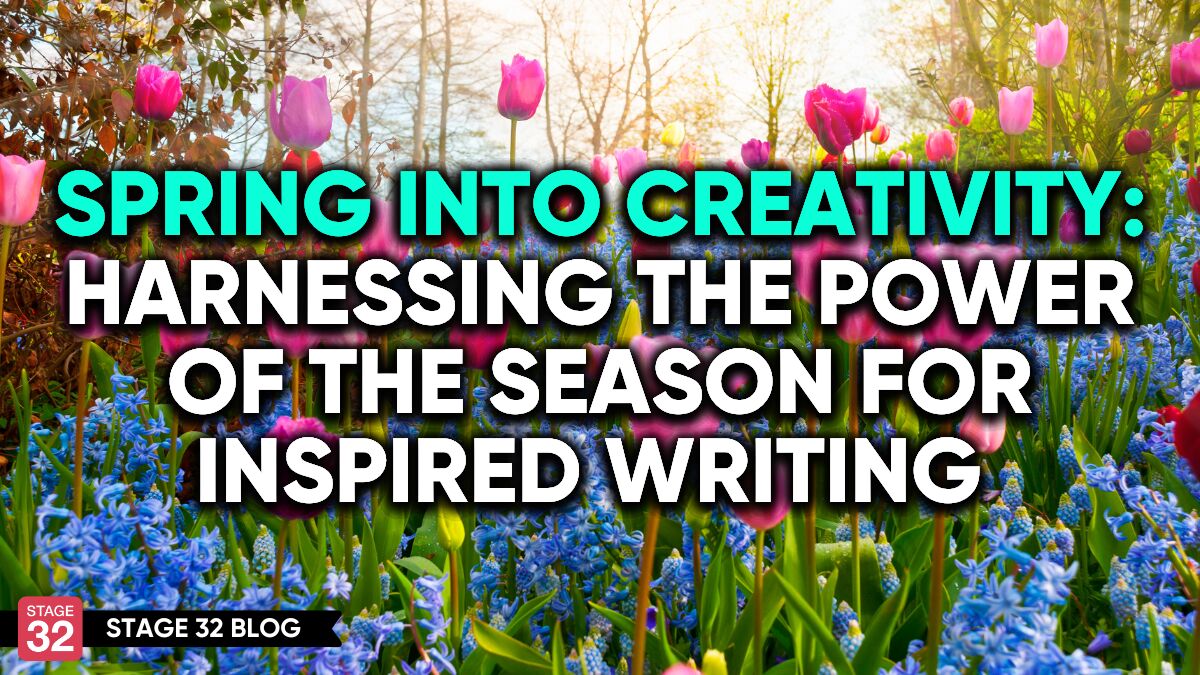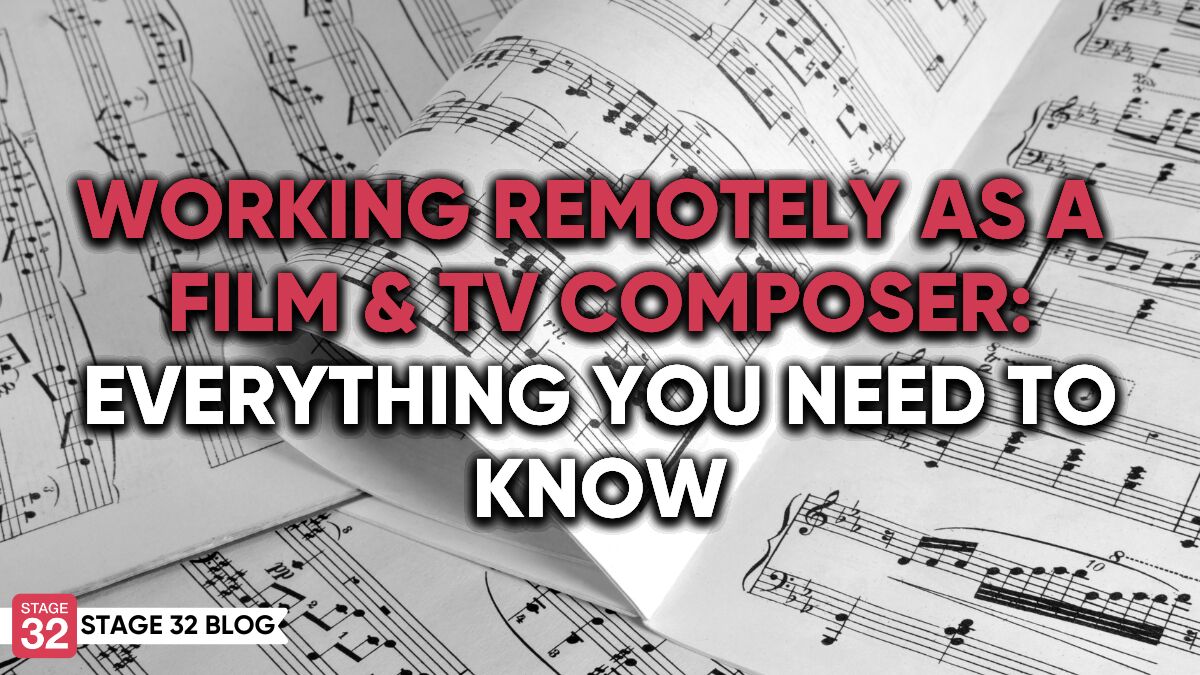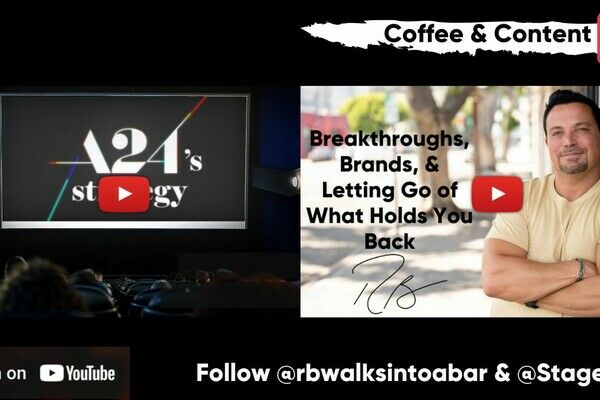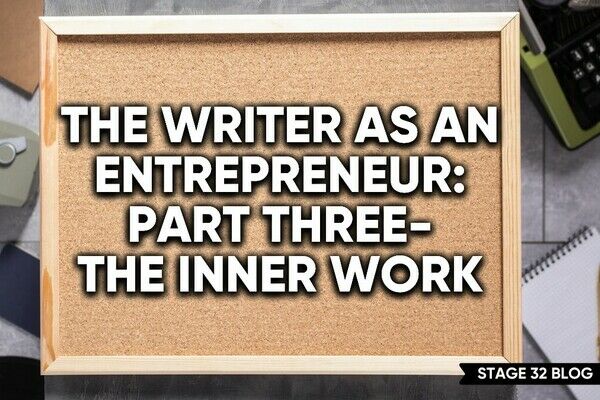Working Remotely As A Film & TV Composer: Everything You Need To Know
As a composer for Film and Television, you are probably used to working on your own in your studio most of the time, basically with the sole exception of meetings and recording sessions. Among composers, we always joke about our professional life “in isolation”. Well, 4 years ago, Covid happened, and, as of today, the composer job is still almost 100% remote. This has changed the workflow in many ways, making us switch to new strategies to communicate, meet, share…
Here are some of my thoughts and tips based on my experiences as a working Composer from March 2020 to the present.

Working Remotely With Directors
The relationship Director / Composer is an essential part of the success of the score. As I wrote in one of my previous Stage 32 blog articles, it is important to keep the communication active and open especially now that you and your Director are never or rarely in the same room.
On top of this general thought, there are some more technical tips that I think can help your remote collaborations, such as...
The Remote Spotting Session
Once you know that you can record the meeting (different platforms work differently) you can ask permission and then video record it, so you won’t miss any spotting notes, while, at the same time, you’ll be able to focus entirely on the meeting and your interaction with the Director.
Some Directors that I've worked with, following that meeting, spontaneously sent me a document with their spotting notes. Those notes, combined with the recordings, were very useful and saved us quite some time.

More Remote Meetings
For the meetings following the spotting session, when you submit your work to the Director for review, (show and tell) you can go one of two ways:
1. Send the Director video files of the scenes - in this case, you won’t be in the same (virtual) room when they are reviewing your score.
I suggest sending a video with a good pre-dub so that the Director can get the closest idea possible of how the score will sound at the end of post-production.
2. Meet with the Director on an online platform and screen share your videos. I would prepare the video(s) the same way and would make sure that stereo audio is enabled on the platform. This second option is closer to meeting in person. You will be virtually “in the room” with the Director reviewing your music and giving feedback and then you can talk about the score/notes right away.

Working Remotely With The Talent
The main thing to keep in mind when you are working remotely with the talent is the same as it is when you meet in person: be communicative and help make their performance as comfortable as possible, so that on set, or in the recording studio, there won’t be any hesitation and the Talent will be able to focus on their performance and giving their best.
If you are working with Singers, give them rehearsal tracks that can help them practice according to the kind of performance you are going for. During the vocal recording session, you can be audio-connected from your studio the same way you do for remote orchestra sessions, so you can listen and give feedback in real-time.
When you are working with Dancers, it is a good idea, before you start composing, not only to meet with the Director but also with the Talent. In the case of dancers, remember they usually count pairing two measures (1 to 8), and they need the 4 counts warning at the beginning. They may also need some references here and there: ask them about their preferences.
In my experience, temp tracks for dancers work better if they are simpler and leave room for the performance and then you complete the musical arrangement in post-production, once you get the cut of the scene(s); this way you can write an effective music track that works with the choreography shot on set and also works great on screen since you are underscoring, too.

Working Remotely With An Orchestra
Music preparation needs extreme attention to detail even when recording in person, but I think that in order to have a safe, fast, and effective remote session, making sure that both your score and parts are as clear as possible becomes even more important.
Since at the beginning of your career, you won’t probably be able to afford to collaborate with a music preparation house, here are some tips on this part of the process.
Put Yourself In The Conductor’s & Musicians’ Shoes
Conductors and musicians in film music are sight-reading, they don’t get parts in advance so, starting from the layout on, your goal is to make your music very easy and fast to read.
For the concert score, it is important not only to make sure the pages aren’t too busy but also, there are other things to be aware of like, for example, page breaks.
Let’s say that at one point in the score, you need some change in terms of the intention in the execution of the music: it would be a good idea not to put a page break there. This way the conductor won’t have to communicate this change to the orchestra and turn the page at the same time.

Both for score and parts here are the things to check, so that the orchestra can feel comfortable in reading right away, without any doubts and you can get the best out of your recording time.
- Dynamics and expression, better indicating more than less and making them extremely clear both in the language and in the graphics.
- Be aware of accidentals and double-check them (remember that transposing instruments are written in a different key in the parts)
- Make sure you mark both in the score and in the parts all the “soli’,’divisi” and so on in detail.
- Check spelling, page numbering, and bar numbering, make sure the title of the music cue and the instrument name of the parts are printed on all pages, so you’ll make life easier for the librarian as well.
- For the same reason, every time you have an instrument not playing a cue, remember to create a “TACET” sheet, so they’ll know there are no parts missing.
- PDF format: based on where your session is set, make sure the format fits the place ( ex: in Europe, you’ll use A3 for the score and A4 for the parts)
- File naming: Name your score, parts, and Pro Tools sessions, not only with your name and the cue title but with the date of the session as well. Scoring Stages are super busy places and this will help them sort the material out.
- Make a detailed plan for the session: ex: Tutti passes, striping passes (striping means when you isolate sections of the orchestra if needed for flexibility in the mix) and communicate it to the engineer in advance, so they can have the Pro Tools session set up already. I usually put a note about my session plan on the top left of the score, too, for the Conductor to know as well.
- During the session, after each take, when you give your notes make sure you call for: instrument(s), then bar number(s), then give your note(s). Clear and time effective :)
- If you have somebody who can be with you while you are recording, provide them with a breakdown of the session, so they can time keep for you, while you can stay completely focused on the session.
- If you can get a video recording of the session, watching it will give you feedback on your orchestration and music preparation work. It is the eye you don’t have there.
- Because of COVID regulations, the orchestra setup has changed and it often differs from stage to stage. You can ask the scoring stage for a microphone diagram. It will help you set up the mix once you get your Pro Tools sessions back.
In the aftermath of so much change over the last few years, we are all still adapting and learning day by day new ways to better work and collaborate. I hope that this post will help you a bit in case you haven’t found yourself in these situations yet. Good luck with all your remote film scoring!
Let's hear your thoughts in the comments below!
Got an idea for a post? Or have you collaborated with Stage 32 members to create a project? We'd love to hear about it. Email Emily at blog@stage32.com and let's get your post published!
Please help support your fellow Stage 32ers by sharing this on social. Check out the social media buttons at the top to share on Instagram @stage32 Twitter @stage32 Facebook @stage32 and LinkedIn @stage-32
| Celebrate The March 2024 Stage 32 Community's Successes |
| Spring Into Creativity: Harnessing The Power Of The Season For Inspired Writing |

